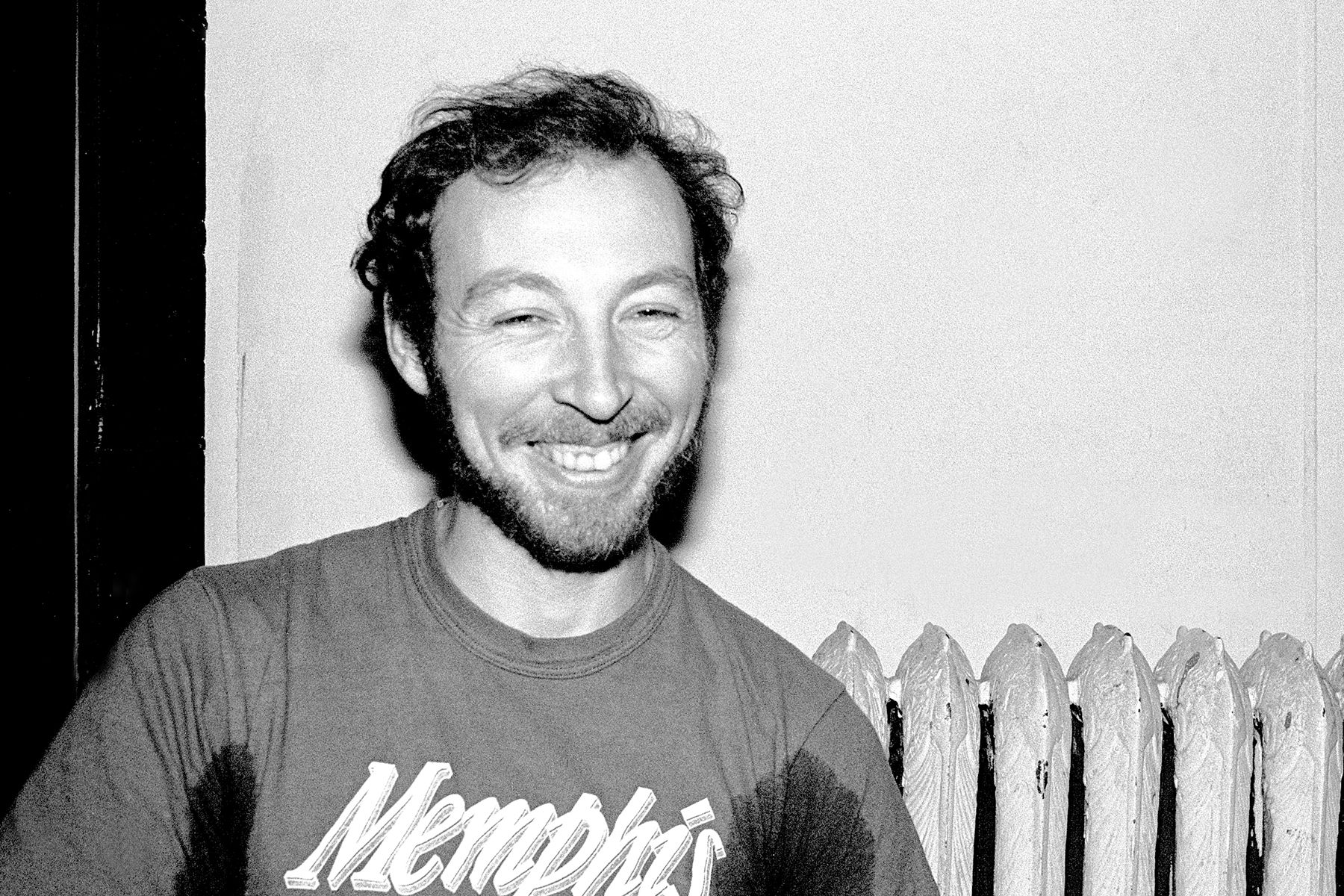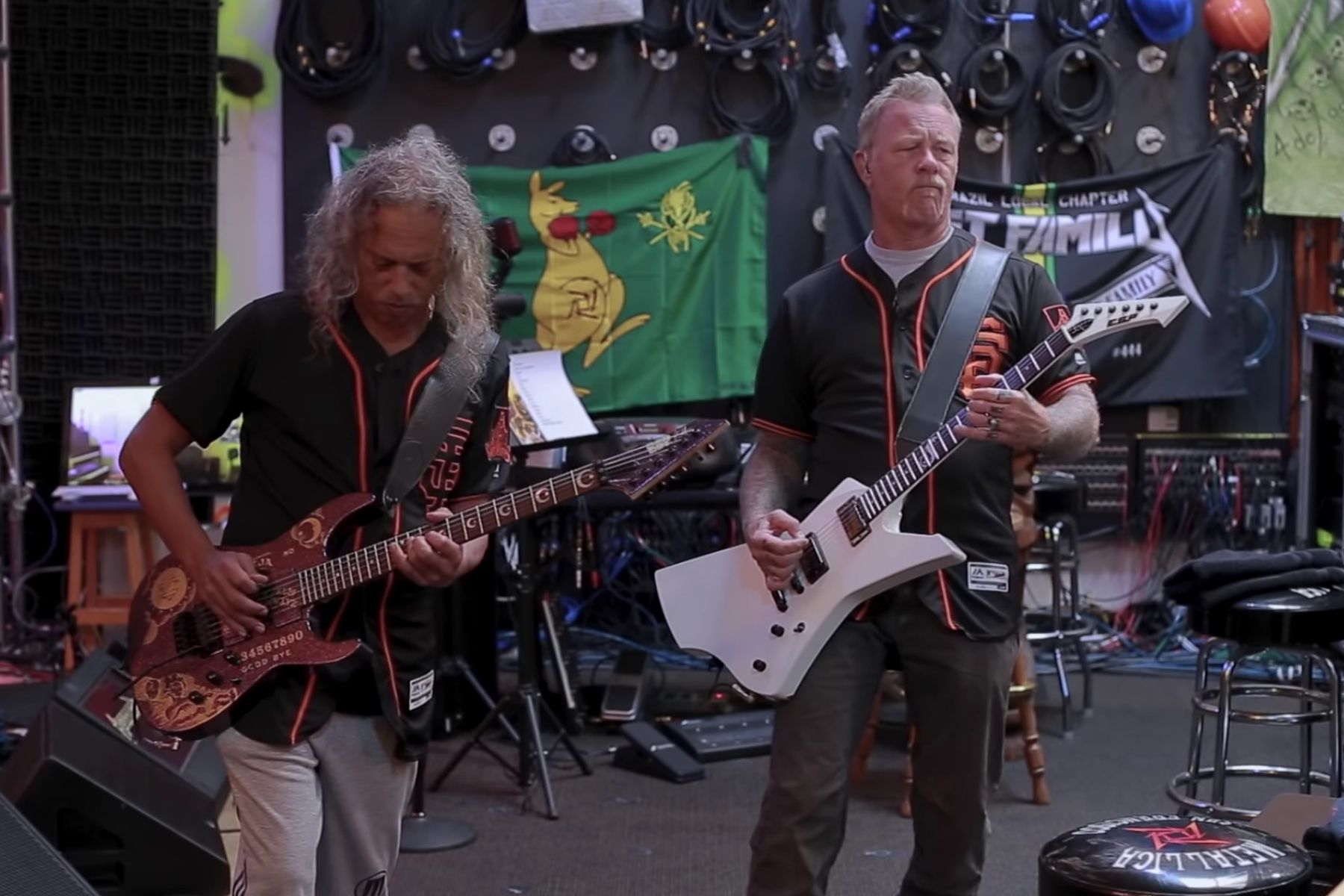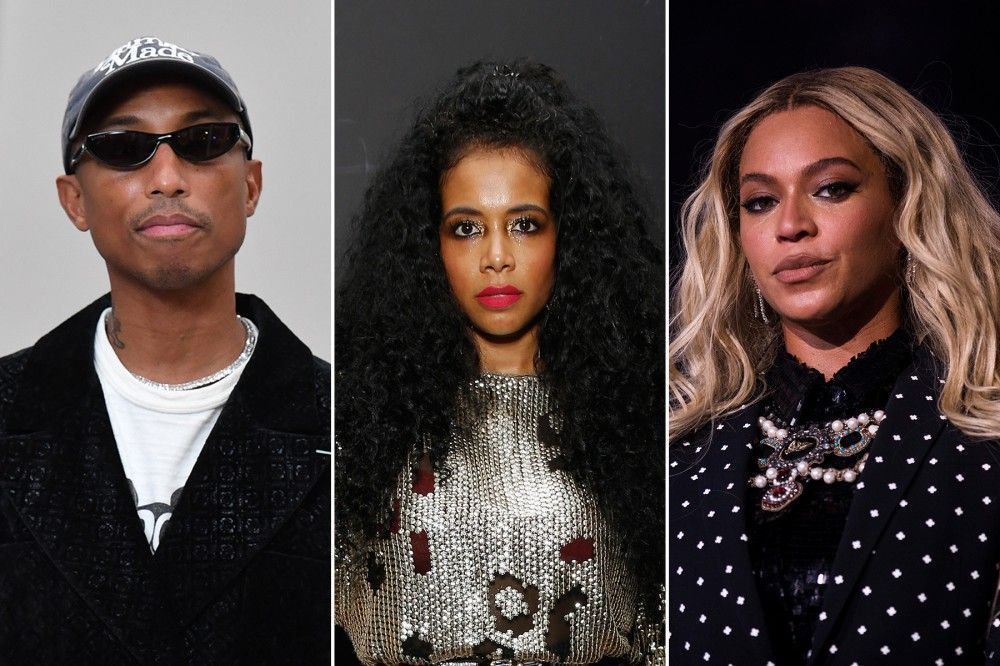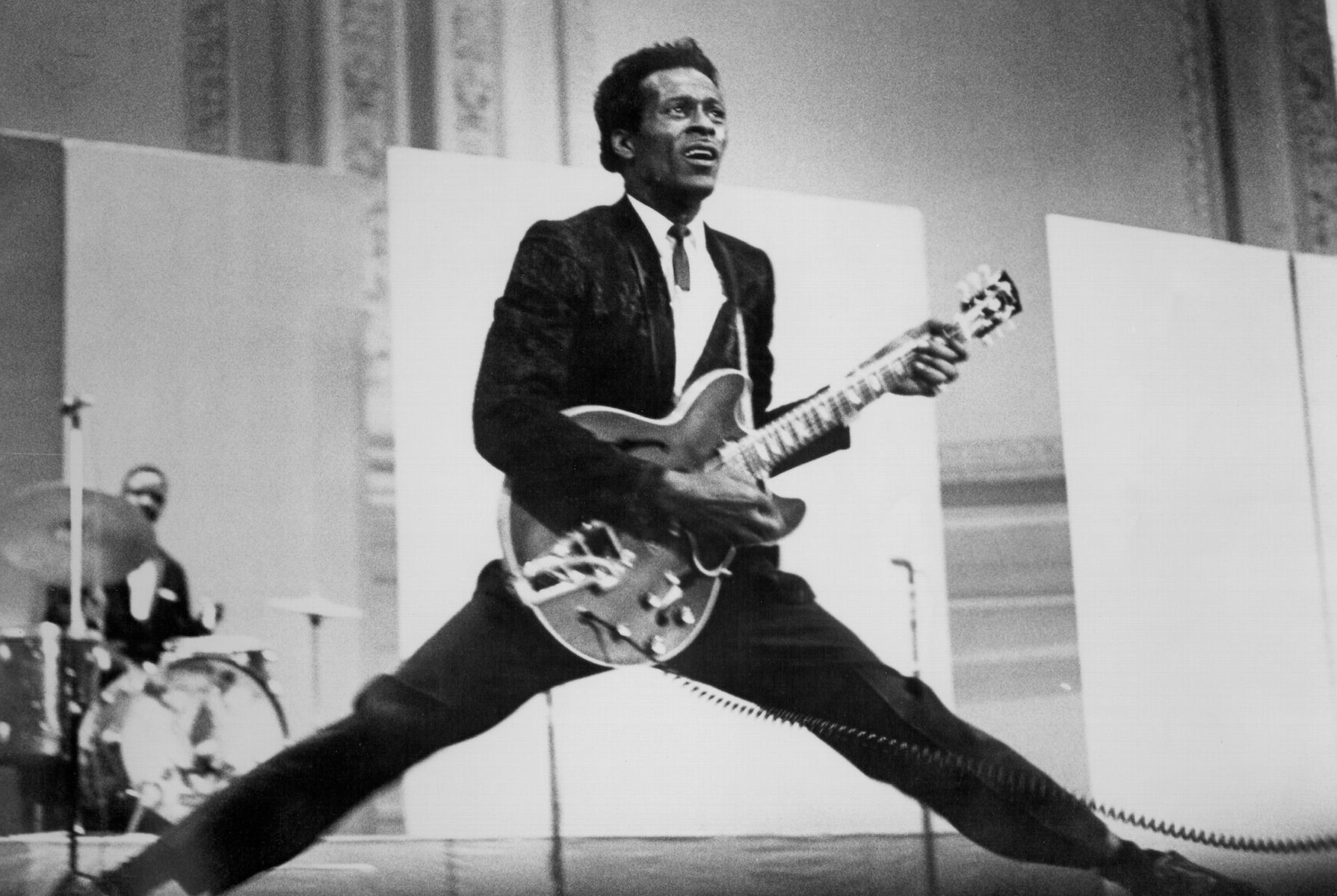

Richard Thompson Announces First-Ever Memoir, ‘Beeswing,’ Out 2021
Richard Thompson has been one of rock’s MVPs since the mid-Sixties. He was a founding member of Fairport Convention — the band that invented the merger of rock and British folk — and his subsequent, musically timeless albums with his ex-wife Linda have long been revered: Their 1982 Shoot Out the Lights made Rolling Stone’s 500 Greatest Albums of All Time. He’s also earned the respect of many of his fellow musicians; his songs have been covered by Elvis Costello, Emmylou Harris, Robert Plant, Bonnie Raitt, Dinosaur Jr., Bob Mould, and the Pointer Sisters, among many.
Thompson has lived quite the life, and fans can read all about it next spring with the publication of Beeswing: Losing My Way and Finding My Voice 1967-1975. Tracing his life from his childhood, through his Fairport days, and into his music and life with the former Linda Peters, Beeswing is, in the words of publisher Algonquin, “an intimate look at a period of great cultural tumult, chronicling the early years of one of the world’s most significant and influential guitarists and songwriters.” The memoir will be published April 6th in the U.S. (by Algonquin) and April 15th in the U.K. (by Faber Books).
In the book — most of which focuses on his artistic life and work through the late Seventies — Thompson recalls onstage jam sessions with Jimi Hendrix and Led Zeppelin during his Fairport years and writes of the shocking 1969 van crash that killed Fairport drummer Martin Lamble and Jeannie Franklyn, Thompson’s girlfriend at the time.
Thompson also remembers watching the Stones record part of “Sympathy for the Devil” and his encounters with Nick Drake and Pink Floyd (Fairport opened for the latter on the night in 1967 when Syd Barrett took too much LSD). He recounts sneaking a peek at Joni Mitchell’s notebooks when she and Fairport shared a bill in 1968 — and refutes those rumors that he was once asked to join the Eagles.
For Fairport Convention fans, the book is a gold mine of information about the writing and recording of their first albums, Thompson’s relationship with original singer Judy Dyble, and the late, great but troubled Sandy Denny, who succeeded Dyble in Fairport. Thompson also chronicles meeting and courting Peters, their marriage, and the creation of enduring Richard and Linda Thompson albums like 1974’s I Want to See the Bright Lights Tonight. Thompson also details his conversion to Sufism — including that shaved-head ceremony — and the strain it put on the Thompsons’ marriage, which ended in the early Eighties.
In a snippet provided to Rolling Stone, Thompson also writes about his early days growing up in Notting Hill, west of Central London, and how he developed a stutter at age six. “The causes of this are not always clear — my mother thought it started for me after a bout of dysentery, but there was probably a psychological factor,” he writes. “I lived in fear of my father, who could be drunk and Calvinistic — a common Scottish combination — so I never knew when I was going to get whacked.”
Beeswing is dedicated to the late writer Scott Timberg, who helped Thompson develop and write the book and died last December.
Thompson has been nothing less than productive since the Eighties, recording and touring regularly. His 2015 album Still was produced by Jeff Tweedy, and his most recent record was 2018’s 13 Rivers. After a year off due to the pandemic, his annual guitar camp, Frets & Refrains, is scheduled to resume next July at the Full Moon Resort in Big Indian, New York.






